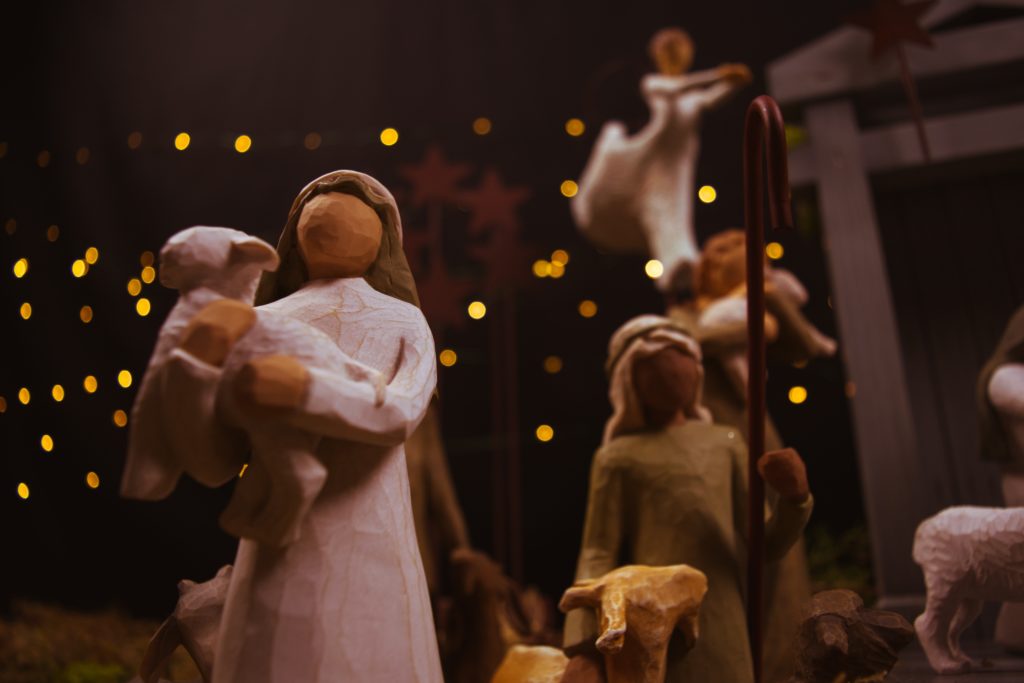Christmas remains one of the few times when people show an openness to hearing the story of Jesus, even if they aren’t open to church. If handled correctly, this can be one of the best opportunities of the year for directing conversation toward Jesus. However, a lack of forethought could make things worse.
A fresh expression is a church community that grows organically out of an established people group. Every people group and the individuals within it bring their own “baggage.” The baggage becomes almost tangible during the holidays.
Christmas could be one of your best opportunities to share about Jesus all year long. Handled poorly, it can reinforce negative stereotypes about “church.”
Consider these three steps when developing an approach to Christmas in your Fresh Expression.
Research
When starting a Fresh Expression, it is essential to understand the people group you are trying to reach. You should always seek to understand basic elements of the culture, such as language, dress, hobbies, music and customs. You can research holidays the same way.
Some questions worth considering might be:
- Does this group already recognize Christmas?
- Is the understanding of Christmas mostly religious or secular?
- Does the group focus on particular customs (a meal, football game, favorite movie, etc.)?
- Does the people groups have any limitations on the holiday (travel, work schedule, etc.)
- Does the group have any positive or negative associations with the holiday?
Take the time to “interview” people you know in your target people group about their opinion about Christmas. You might be surprised by what you learn.
Prophecy
There are a lot of things that a prophet does. One of them is to condemn ungodly customs within a culture. Another is to laud the life-affirming elements of a culture.
A fresh expression always grows out of the culture of a particular people group. Therefore, it will have elements that are worthy of praise, and elements that deserve condemnation. Christmas is no different.
For instance, a people group may already understand Christmas as time for slowing down and focus on being grateful. This should be praised as a helpful and godly attitude. It is worth reinforcing with overt practices of naming the reasons one is grateful.
On the other hand, a people group may have a shared practice of unhealthy busyness. This may make it difficult to enjoy the positive aspects of the holiday. Encouraging people to slow down and creating restful gatherings may be helpful.
Tell it Like It is the First Time
When time comes to share the Christmas story, nothing can be assumed! You should know from your research what level of understanding your people group has of the Biblical narrative. Make no assumptions that they will understand the story of Jesus birth the way you do.
Consider a few questions about the audience you are speaking to, such as:
- Do they know the basics of the story (where Bethlehem is, who King Herod was, etc.)?
- Do they know the difference between common non-Biblical tropes about Christmas, and the Biblical narrative (“three” wise men, little drummer boy, etc.)
- Are there common terms that you may need to explain (such as “manger” or “swaddling”)?
As you do this, be careful about your tone. When trying explaining ideas, it is easy to come across demeaning. Assume your listeners are smart, but not necessarily Biblically literate.
In many ways, the Incarnation is the key to understanding the entire message of scripture! What is more amazing about our story than knowing that our God wants to be with us!
So do the extra work to discover a “fresh expression of Christmas,” and be sure to tell us what you’ve learned in the comments below.


